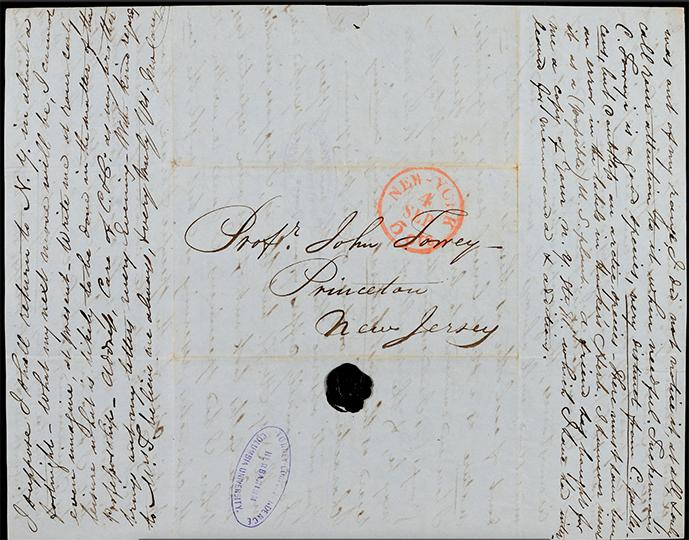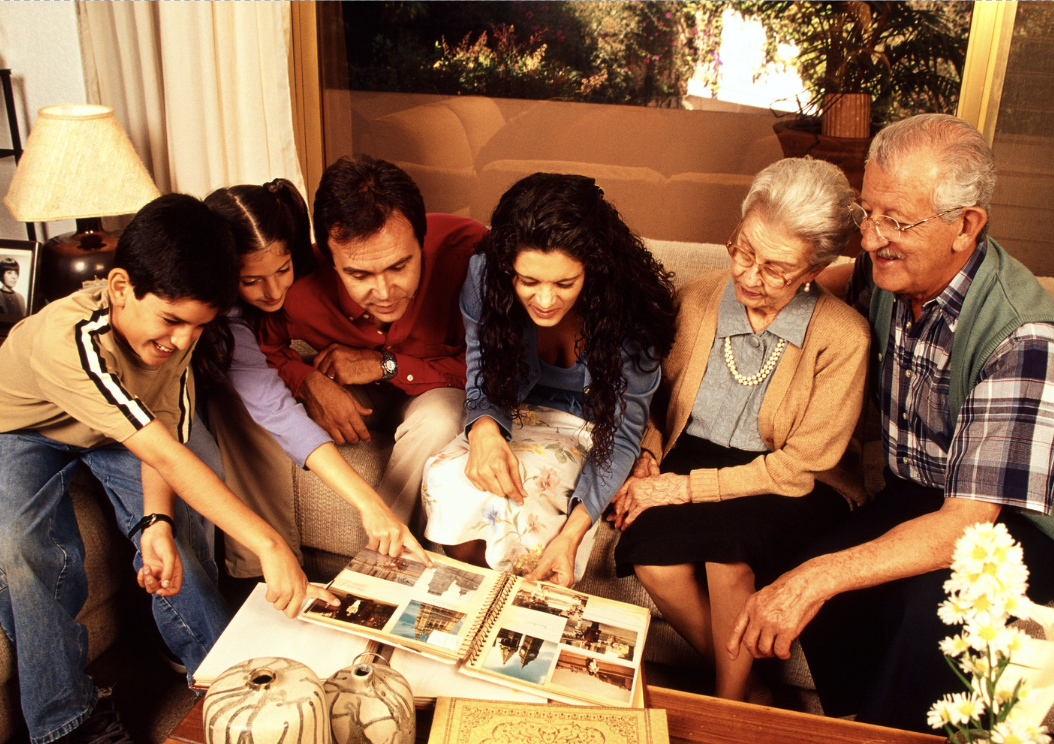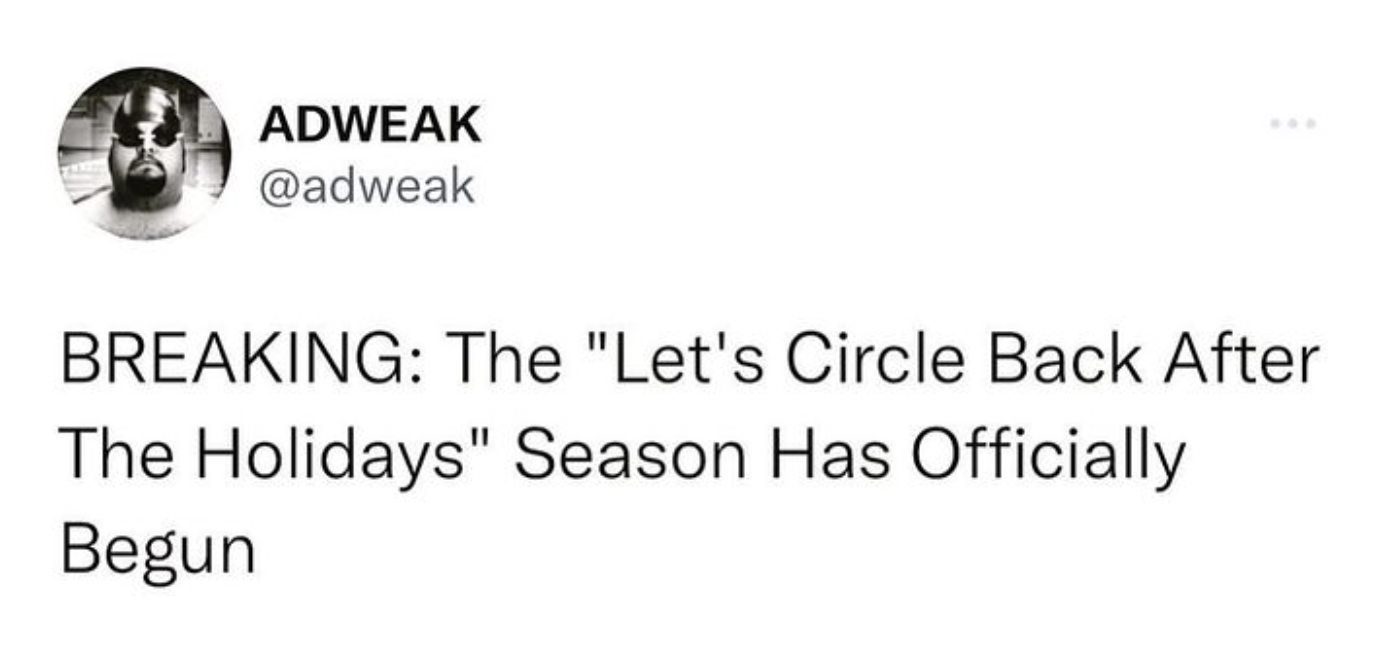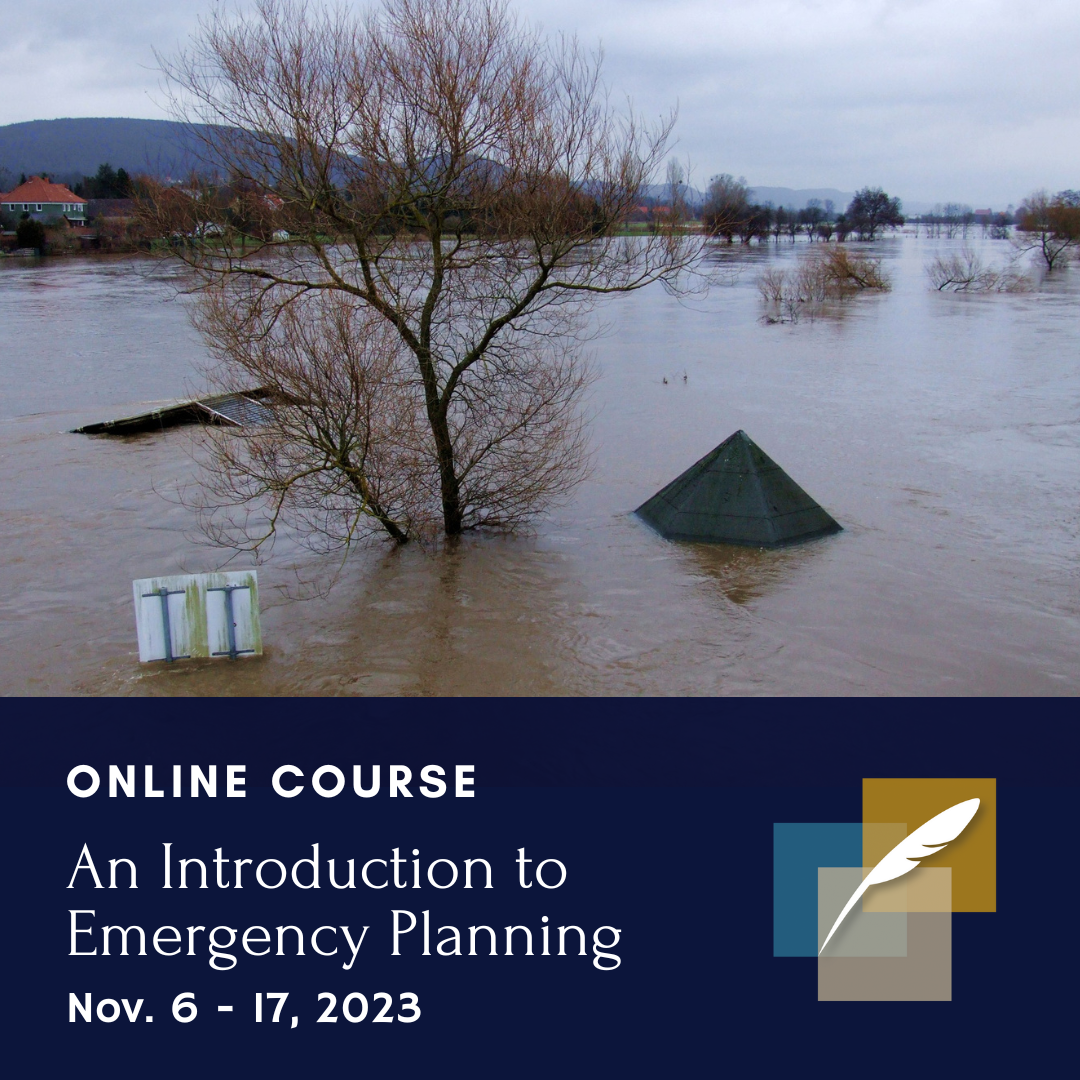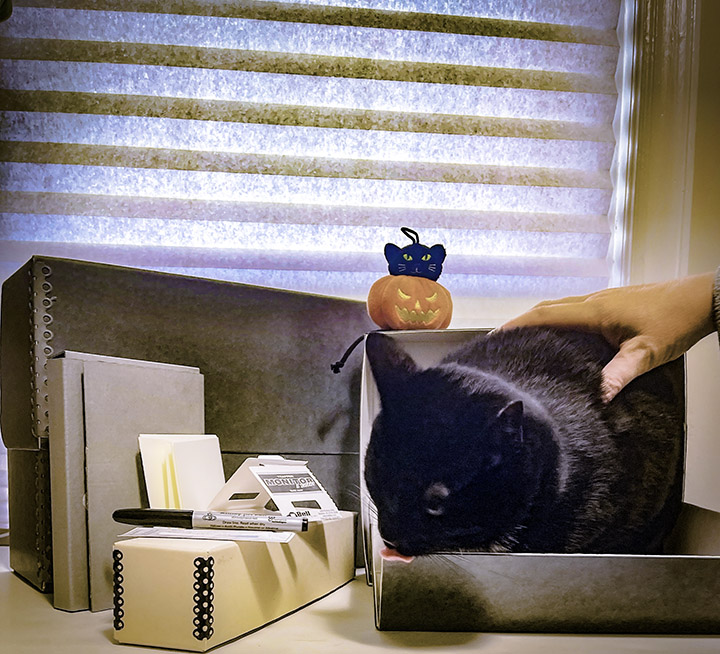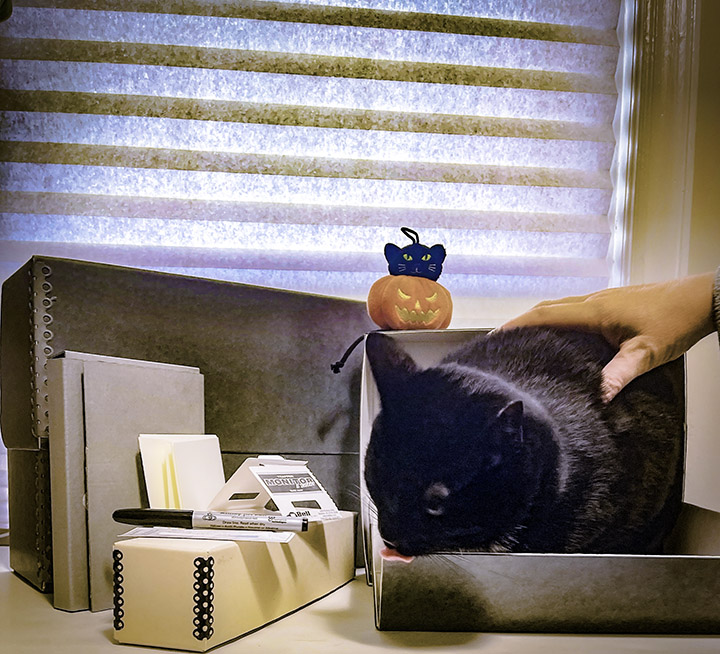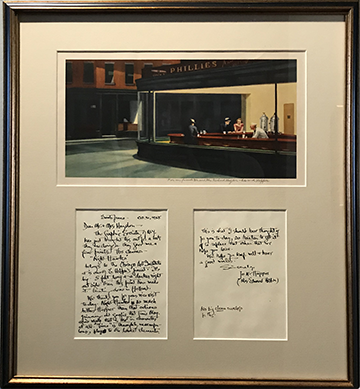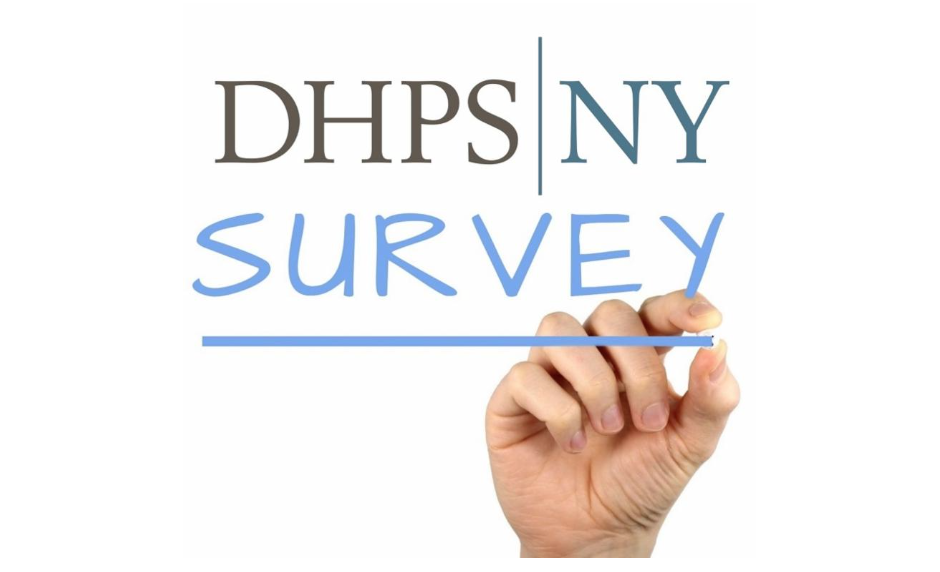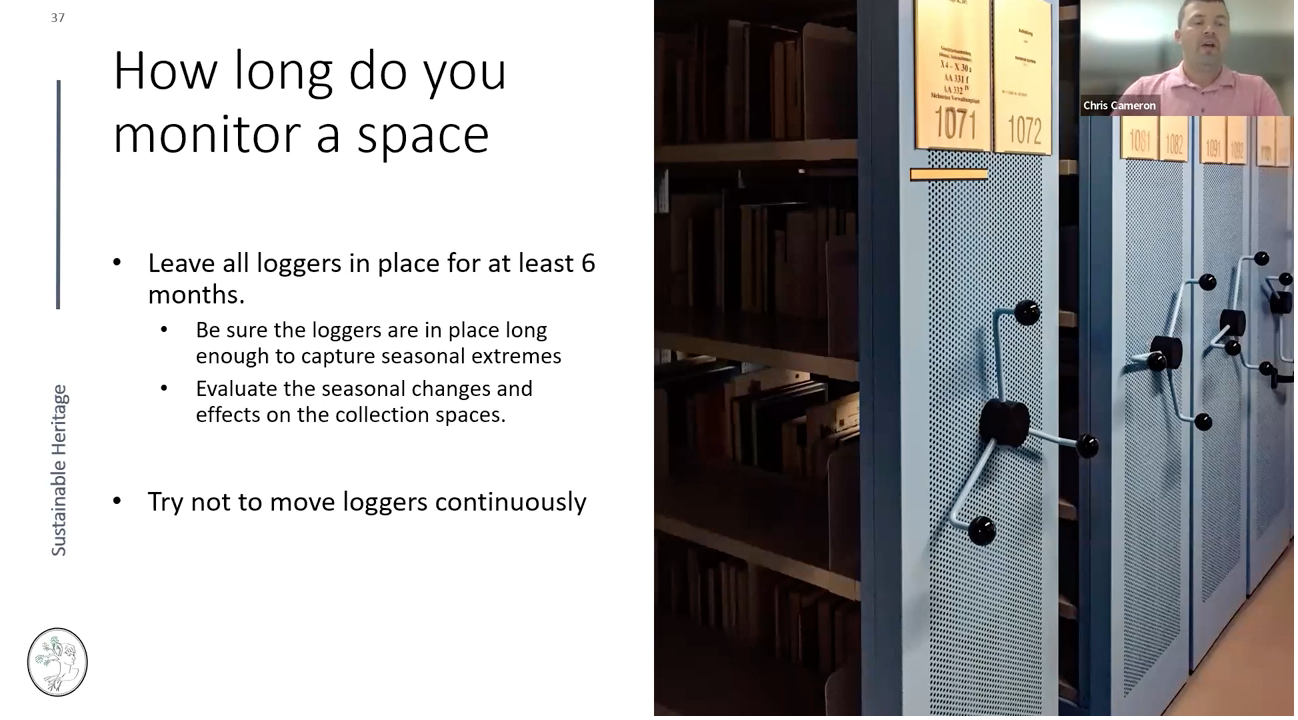In an effort to make the correspondence of Dr. John Torrey more accessible to researchers, the New York Botanical Garden initiated a project called Digitizing and Transcribing the John Torrey Papers: Natural Science and Exploration in 19th Century America. DHPSNY's webinar Stories from the Field: Transcribing the John Torrey Papers at the New York Botanical Garden highlights the process of this project; including the grant received, project goals, staffing, crowdsourcing process, and some of the pitfalls.
This webinar is a part of the "What Did You Do? Stories from the Field"…
